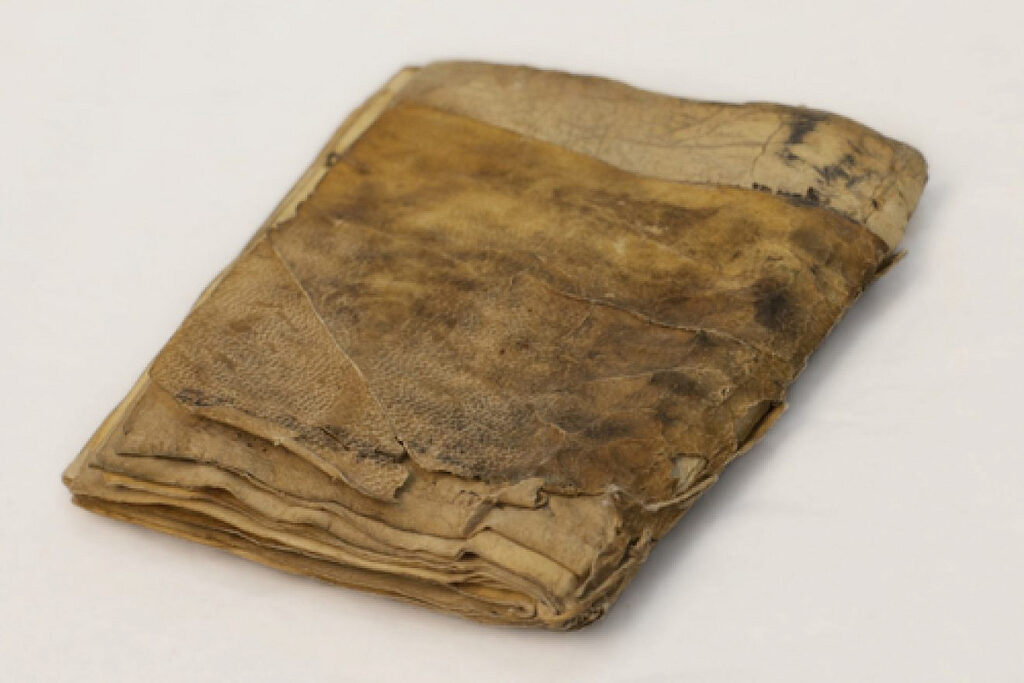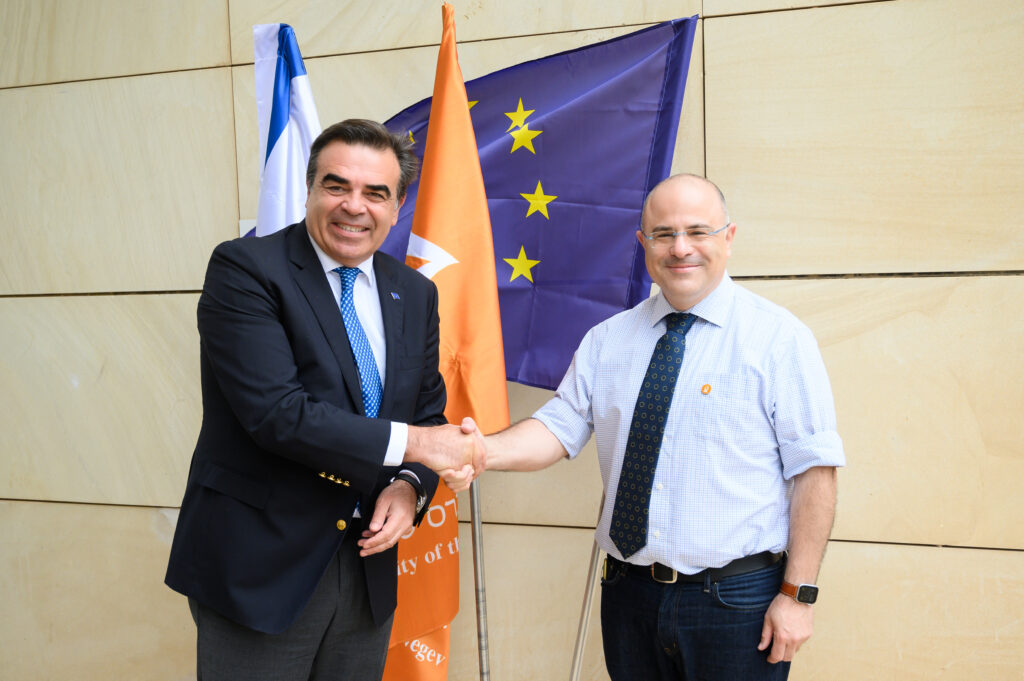
Computerized System to Prevent Sudden Infant Death Syndrome (SIDS) Developed by Ben-Gurion University of the Negev Students
Computerized System to Prevent Sudden Infant Death Syndrome (SIDS) Developed by Ben-Gurion University of the Negev Students
July 14, 2011
Business & Management, Medical Research, Press Releases, Robotics & High-Tech
Beer-Sheva, Israel, July 14, 2011 – A new system using video and computer software to monitor a baby that could be used to prevent Sudden Infant Death Syndrome (SIDS), as well as for telemedicine applications, has been developed by two students at Ben-Gurion University of the Negev (BGU).
The new system called “BabyBeat” was developed by students in the BGU Departments of Electrical Engineering and Computer Sciences. It uses computer algorithms to convert video footage to pulses that represent a baby’s heartbeat and skin tone. In the event that the system detects an abnormal heartbeat, an alarm sounds to awaken the baby, change its breathing pattern and alert the parents.
SIDS is the unexpected, sudden death of a child under age one in which an autopsy does not show an explainable cause of death. No one knows what causes SIDS, but researchers have theorized that a dramatic drop in heart rate occurs just before death. Thousands of babies die from this phenomenon each year in the United States.
Tomer Apel and Anava Finesilver developed the program as part of their final research project. While still early in the development process, the software program will work with a basic video camera and home computer, which minimizes cost.
“Heart pulse affects the skin tone,” Tomer Apel explains. “This is such a minor change that it’s not visible to the human eye, but it’s still there. We have developed algorithms to interpret the discoloration recorded by the camera and translate them into pulses. It’s widely assumed that baby’s pulses slow down before SIDS, and this system could help prevent this.”
After further testing, if BabyBeat continues to perform as expected, the students will seek to commercially produce and market the innovation.
The system has other potential applications. It can monitor sleeping babies at daycare, as well as patients online in real time, providing for quality “telemedicare” when needed.
“BGU students were once referred to as ‘Israel’s oil wells that don’t run dry’ by New York Times columnist Thomas Friedman. Well, these innovative students may ultimately have a solution to saving precious lives and alleviating parents’ angst about their child succumbing to this mysterious infant killer,” says Doron Krakow, executive vice president of American Associates, Ben-Gurion University of the Negev. “It fills me with pride to support their efforts.”
ABOUT AMERICANS FOR BEN-GURION UNIVERSITY
By supporting a world-class academic institution that not only nurtures the Negev, but also shares its expertise locally and globally, Americans for Ben-Gurion University engages a community of Americans who are committed to improving the world. David Ben-Gurion envisioned that Israel’s future would be forged in the Negev. The cutting-edge research carried out at Ben-Gurion University drives that vision by sustaining a desert Silicon Valley, with the “Stanford of the Negev” at its center. The Americans for Ben-Gurion University movement supports a 21st century unifying vision for Israel by rallying around BGU’s remarkable work and role as an apolitical beacon of light in the Negev desert.
About Ben-Gurion University of the Negev
Ben-Gurion University of the Negev embraces the endless potential we have as individuals and as a commonality to adapt and to thrive in changing environments. Inspired by our location in the desert, we aim to discover, to create, and to develop solutions to dynamic challenges, to pose questions that have yet to be asked, and to push beyond the boundaries of the commonly accepted and possible.
We are proud to be a central force for inclusion, diversity and innovation in Israel, and we strive to extend the Negev’s potential and our entrepreneurial spirit throughout the world. For example, the multi-disciplinary School for Sustainability and Climate Change at BGU leverages over 50 years of expertise on living and thriving in the desert into scalable solutions for people everywhere.
BGU at a glance:
20,000 students | 800 senior faculty | 3 campuses | 6 faculties: humanities & social sciences, health sciences, engineering sciences, natural sciences, business & management, and desert research.
For all press inquiries, please contact:
James Fattal, J Cubed Communications
516.289.1496



